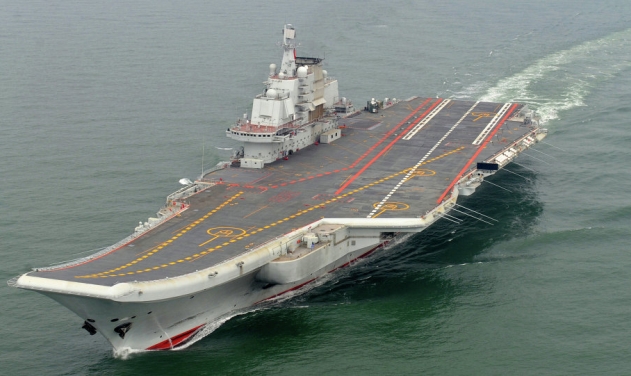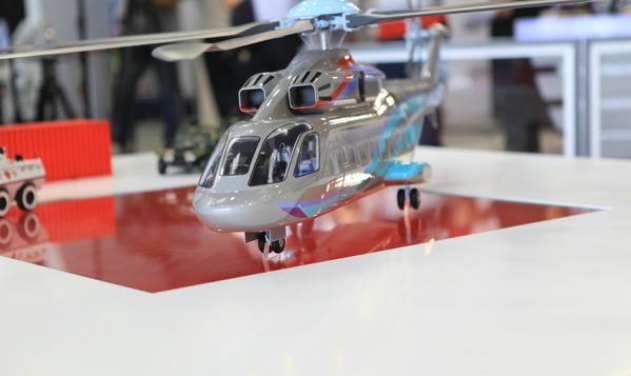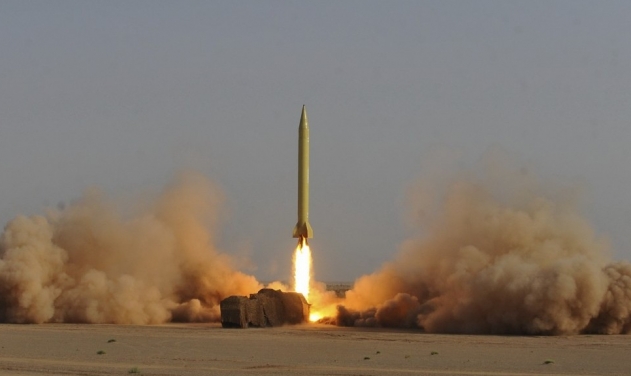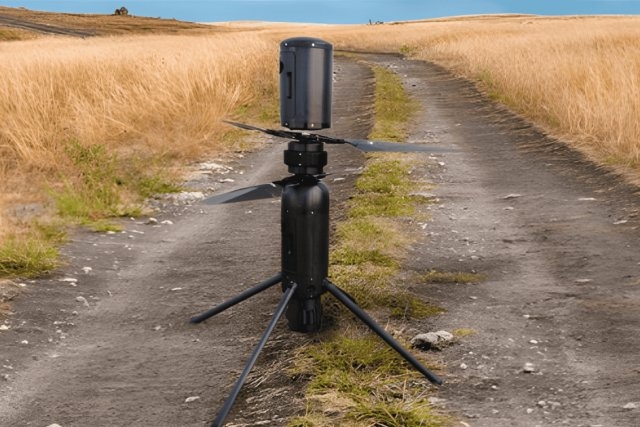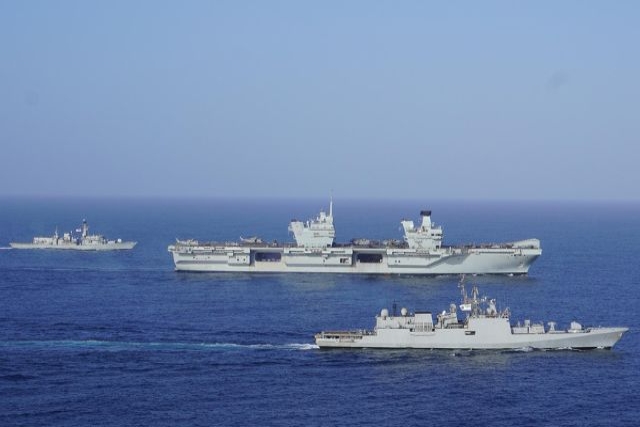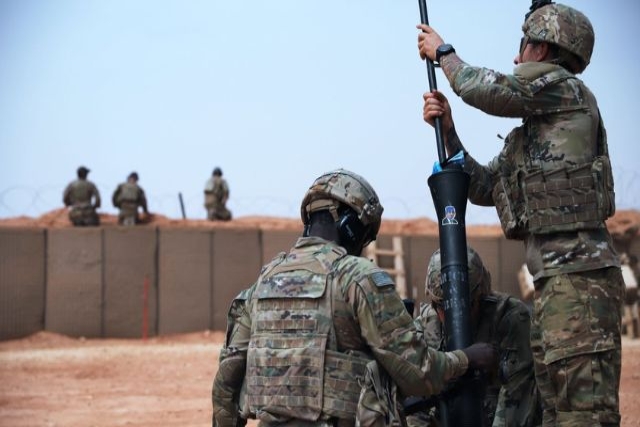Steam catapult For China's Second Aircraft Carrier
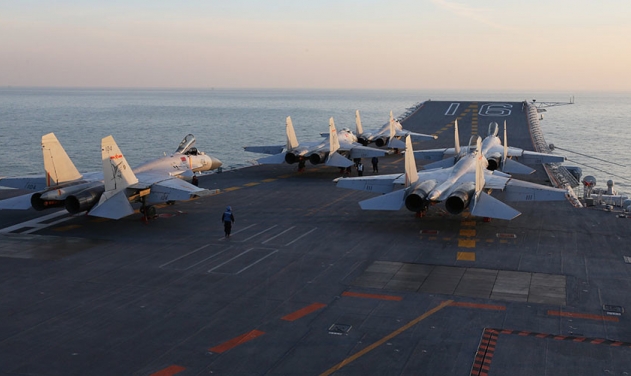
China has set to develop second indigenous aircraft carrier 'Type 002', which features three steam catapults.
The communist country has plans to launch the aircraft carrier in 2021. The design was chosen over more advanced EM launch systems, South China Morning Post reported this week.
The second indigenous Type 002 would be fitted with “at least three conventional steam launch catapults, which allow jets with heavier load and endurance to be launched from it.
The Type 002 is the latest development of China’s ambitious aircraft carrier program that includes building at least two such ships.
The Chinese Navy currently operates its first carrier, the ‘Liaoning,’ to train crews and test technology, while ‘Shandong,’ Type 001A is expected to enter service in the next few years.
The design of the ‘Shandong’ is heavily based on that of the ‘Liaoning,’ which is a retrofitted Soviet warship ‘Varyag.’ It has steam turbine propulsion and features no catapults, relying on a ski ramp to launch fixed-wing aircraft.
There are still some technical problems applying nuclear propulsion to the carrier platform, so the Type 002 will still use steam catapults.
“It will also take a couple of years for the newest carrier to enter full service after its launch, as it takes two or three years to train carrier-based pilots.”
The take-off configuration is critical for every aircraft carrier as it impacts the vessel’s capability to launch various types of warplanes. The ski ramp variant, which is also called Short Take-Off but Arrested Landing (STOBAR), is used by China’s ‘Liaoning’ and ‘Shandong.
Some carrier jets such as the J-15, Mig-29K, and Su-33 rely on their own engines to accelerate to flight speed using a ski jump, but they have to take off with a reduced fuel load and armaments to do so, which limits their range and combat capabilities.
A catapult is another solution, which has been extensively used by US Navy aircraft carriers throughout the decades. It uses a track built into a flight deck to help an aircraft speed up to a point where it can take off.
Larger warplanes with heavier loads, including the E-2 Hawkeye and S-3 Viking airborne early warning (AEW) aircraft, can be operated from an aircraft carrier this way.
An Electromagnetic Aircraft Launch System (EMALS) generates the force necessary to speed up a launching aircraft via a linear motor rather than a steam piston drive and has a number of advantages over the steam catapult. The drawback is that it has high electric energy consumption that only a nuclear reactor can feasibly provide.
